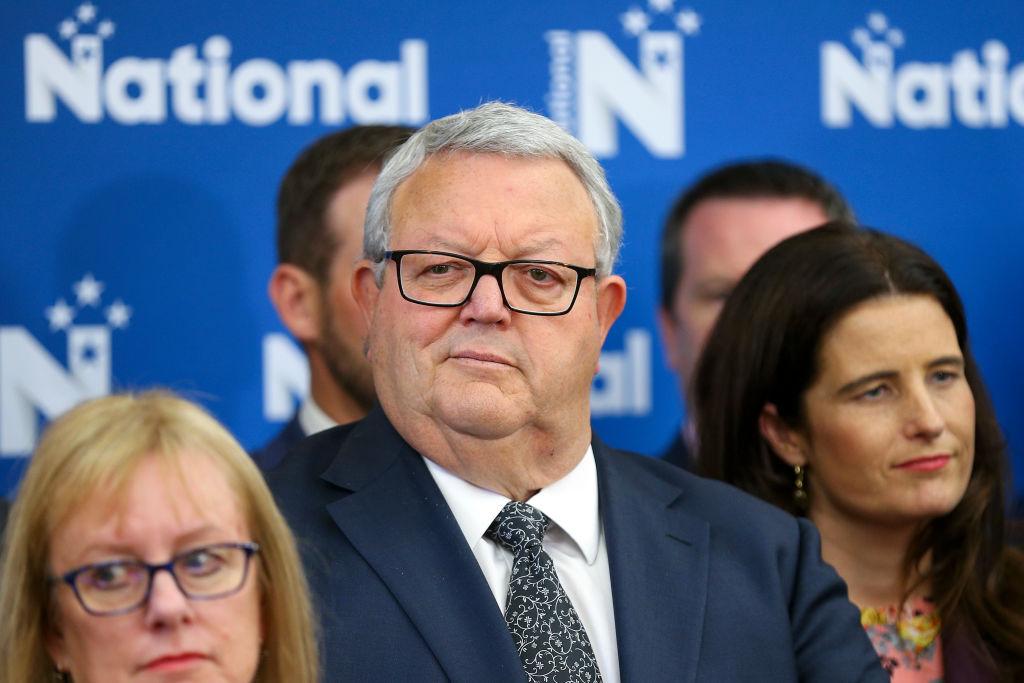In response to the new United Nations (U.N.) report that found credible evidence of serious human rights violations in Xinjiang, the New Zealand National Party’s foreign affairs spokesman Gerry Brownlee has instead echoed Chinese Communist Party (CCP) propaganda that it was dealing with a “terrorism problem.”
Brownlee believes New Zealand should continue to make statements condemning human rights issues in the province where opportunities arise while also recognising that it was a “third-world country dealing with a problem internally.”
He said that New Zealand also should not look into stopping imports from Xinjiang, claiming it was a “great tool” for discussions around a more “compatible view of human business.”
Report Recommendations
The U.N. report accused the CCP of using an “anti-terrorism law system” that used vague national security and counter-terrorism laws to discriminate against Uyghurs and other minorities, leading to “serious human rights violations.”It recommended that the CCP undertake a full review of the legal framework governing national security, counter-terrorism, and minority rights in Xinjiang to “ensure their compliance with binding international human rights law” and repeal all discriminatory laws and practices against Uyghurs and other minorities.
Despite criticisms, the National Party has remained silent on Brownlee’s comments.
It is not the first time Brownlee, who was the minister of foreign affairs in 2017, has followed the CCP party line.





